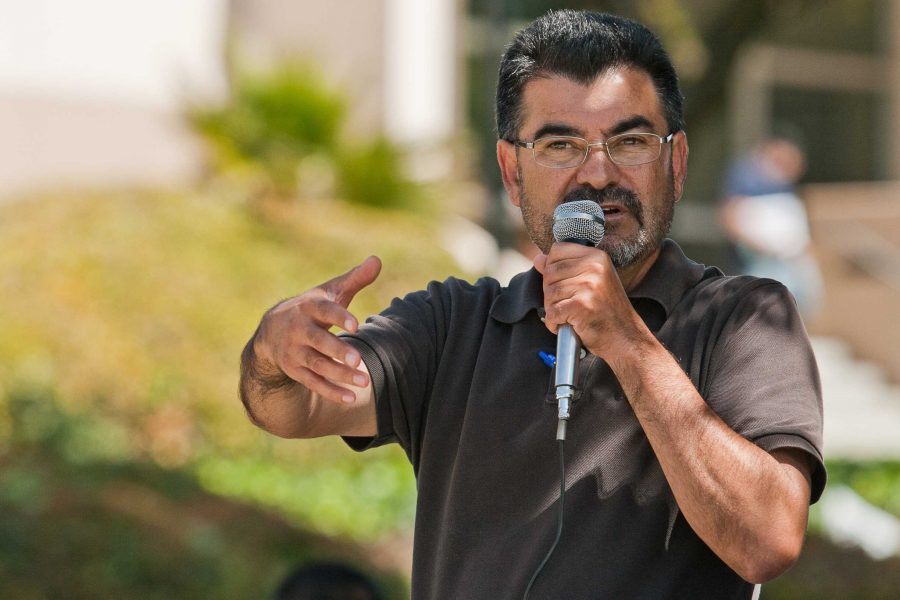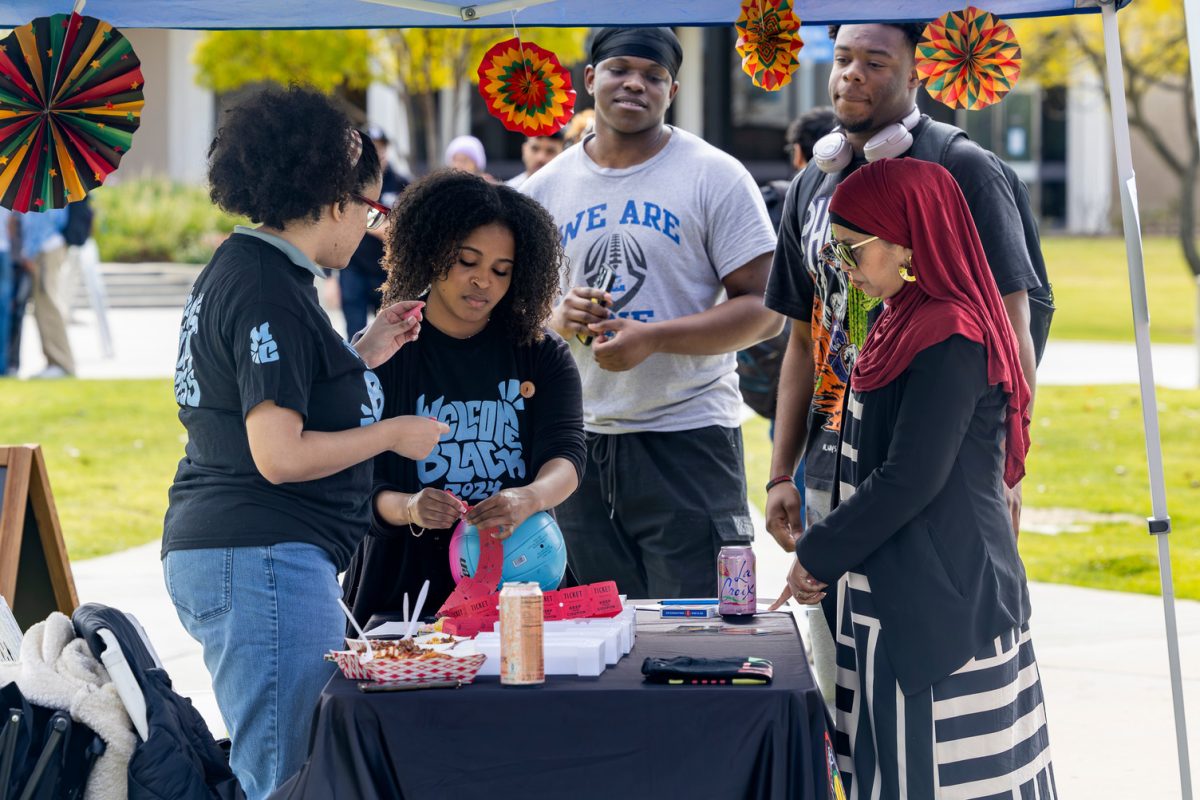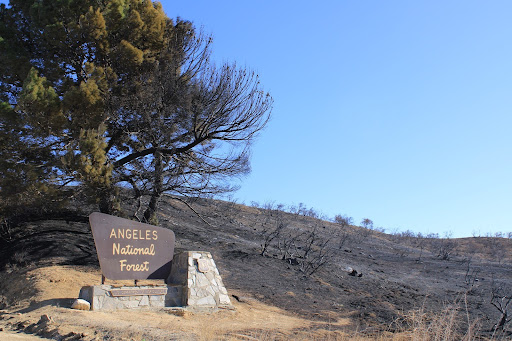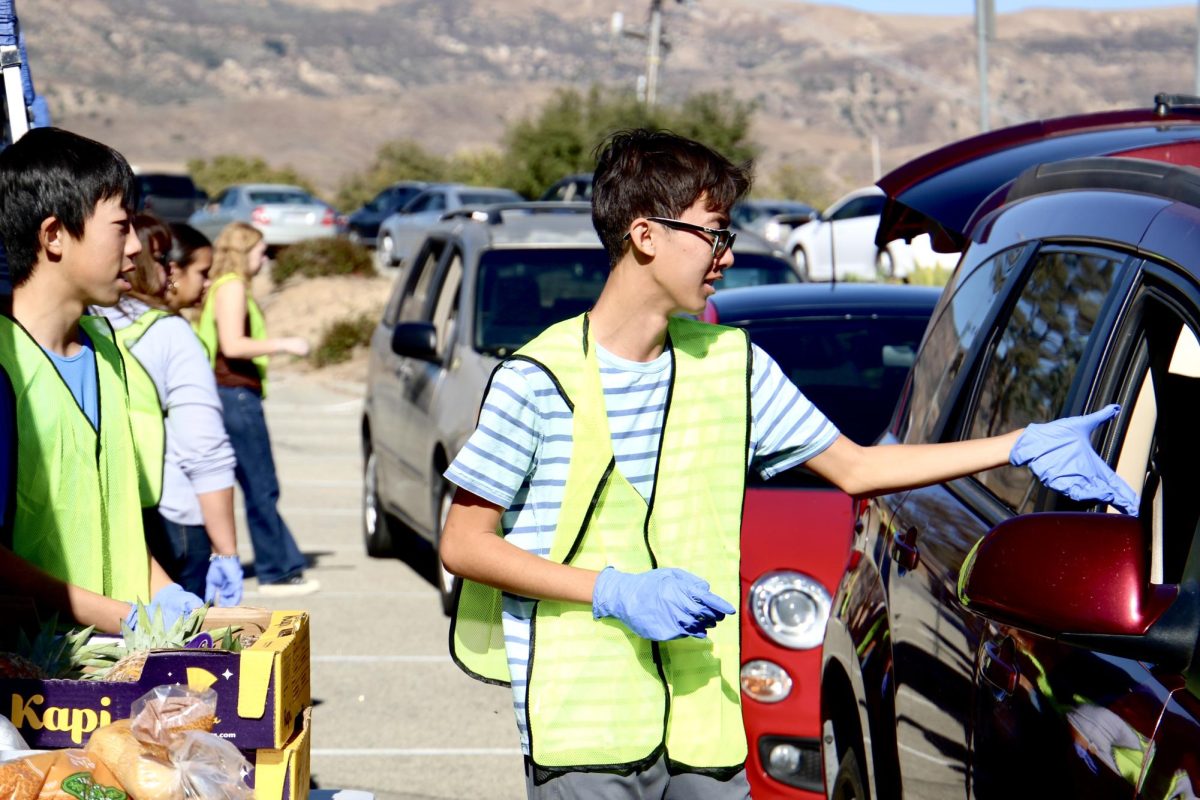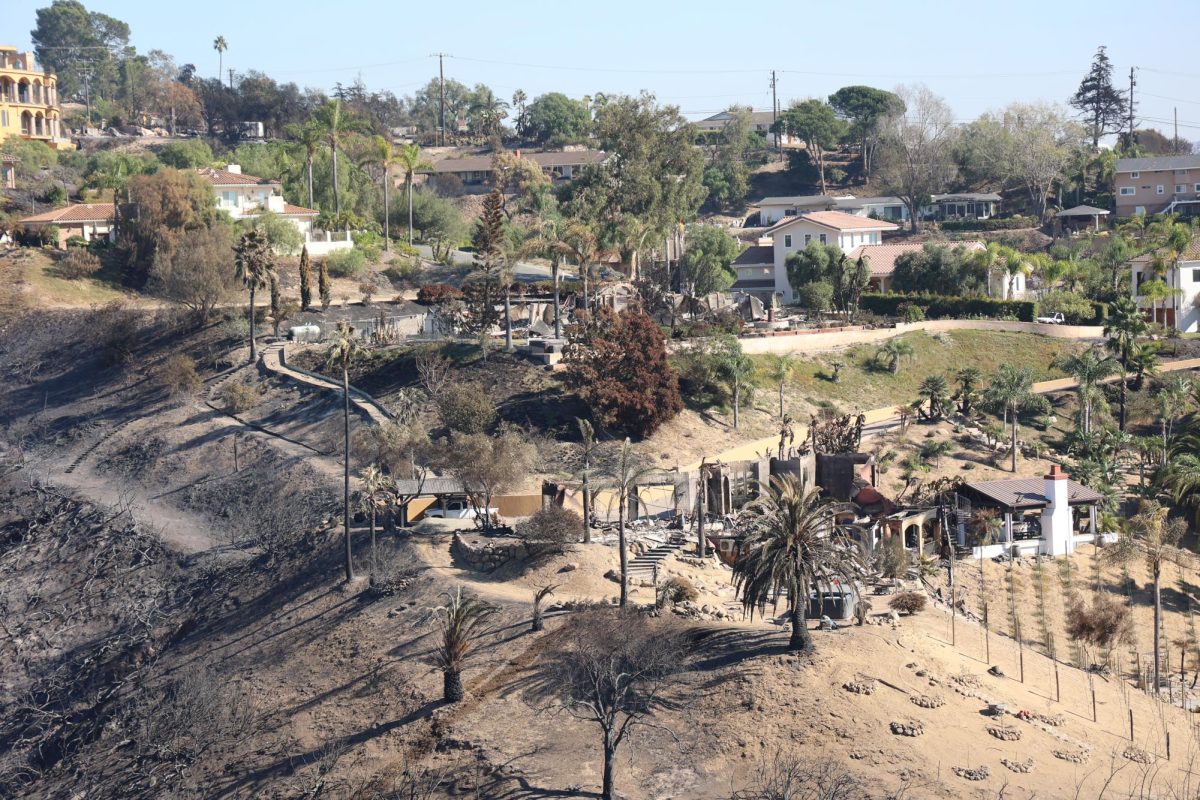Latino civil rights activist Cesar Chavez, once stated: “We cannot seek achievement for ourselves and forget about progress and prosperity for our community…Our ambitions must be broad enough to include the aspirations and needs of others, for their sakes and for our own.”
On Mar. 30, students at Ventura College gathered together to celebrate and honor his legacy and the work he accomplished. This event was organized by MECHA, a cultural group at VC. Folklorico Tecalitlan, a group discussion with Lauro Barajas from the United Farm Workers of America took place in the quad area, accompanied by music.
Cesar Chavez is known as the founder of the United Farm Workers Union. Chavez led the first successful farm workers union achieving fair wages, pension benefits and medical coverage. All of his hard work paid off and led to the passing of the California Agricultural Labor Relations Act.
Amy Aguilera, a 19-year-old VC student and political science major, helped put this event together and shared her passion for Chavez.
“We decided to put on this event because Cesar Chavez has done so much for our community, and he should not be forgotten, and many young people do not know who he is,” said Aguilera.
Though he made an impact on improving the lives’ of the union laborers, many people when asked who he is, were not able to answer. This was one reason why the members of the MECHA group decided to organize this event.
Robert Villagomez, a 20-year-old member of MECHA, emphasized that Cesar Chavez day is “very important” and made an interesting point. “Everyone knows who Martin Luther King is, yet most people do not know who Cesar Chavez is,” said Villagomez.
“My grandfather was a bracero during WWII and he would talk a lot about [Chavez].”
A bracero is a Mexican laborer allowed to enter the United States and work in the farm fields for a limited amount of time.
Lauro Barajas, a member of the UFW, came to America when he was 16-years-old. He gave a very compelling lecture on the importance of Cesar Chavez day and shared some of the challenges he faced being an immigrant farm worker.
“It is a day about dignity, rights and letting the new generations know who he was,” said Barajas, during the Q&A session when asked to describe what this day was about.
The event closed with a film screening of “Fighting For Our Lives”, a film about the United Farm Workers struggle in the 1970’s.

